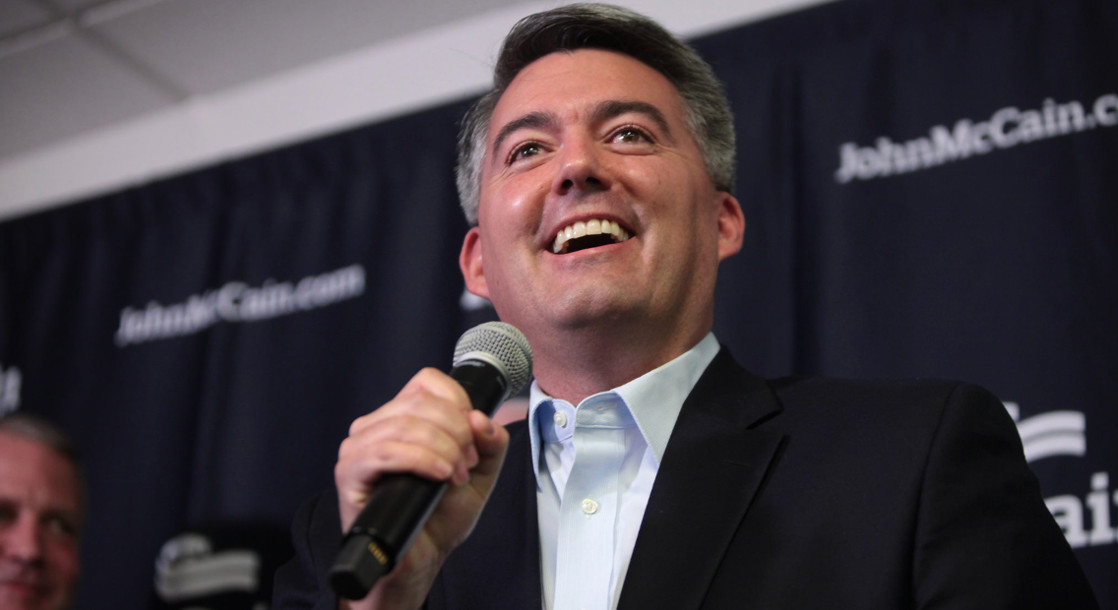In her home state of Texas, 12-year-old Alexis Bortell and her family were given only two options to treat the tween girl’s severe epilepsy; an experimental lobotomy or to accept the debilitating seizures that made Alexis’ days barely worth living. Instead, the Bortell family chose a different option, and moved to Colorado, where access to medical marijuana oils and sprays have completely transformed Alexis’ life. They have reduced her seizures from an everyday occurrence to a series of once-a-monthly pre-seizure auras that, thanks to cannabis, are prevented before they even start.
Now, in conjunction with four cannabis advocate peers, Bortell is at the center of a lawsuit targeting the federal government and the Controlled Substances Act (CSA), claiming marijuana’s continued Schedule I status infringes on her constitutional rights.
"This is not just a case about the CSA. This is a civil rights case that focuses on the rights of individuals using life-saving medication to preserve their lives and health," Bortell's attorney, Michael Hiller, told Rolling Stone in a deep dive into the wide-reaching marijuana reform lawsuit. "It's not just about cannabis, it's about people's ability to exercise their rights to free speech, to petition the government for a redress of grievances under the First Amendment, the right to travel, the fundamental right to be left alone and the right against Congressional overreach."
Because Bortell cannot travel safely without her cannabis medication, and would be breaking federal and local law any time she crossed state lines, Bortell and her attorney argue that the federal government’s prohibition laws restrict her right to life, liberty and the pursuit of happiness.
"I'm now over two years seizure-free because of my cannabis medicine. In Texas, our goal was three days, [and] that's the max I ever got," Bortell told Rolling Stone. "It's helped me succeed in school more, since I don't have to go to the nurse every day because of auras and seizures. There was no medicine in Texas that would stop my seizures, and not only that, but they had horrendous side effects that would be worse than the actual seizure."
Joining Bortell in the landmark lawsuit are Jagger Cotte, a Georgia-based six year old who uses medical marijuana to treat a rare case of the typically fatal Leigh’s Disease, Jose Belen, a military veteran who suffers from PTSD, and ex-NFL player Marvin Washington, who has spent his years since football advocating for CBD and minority stake in the cannabis industry.
In addition to the civil rights arguments, the group is staking their case on the idea that the federal government is well aware of the safety and medical benefit of cannabis, contradicting the entire premise of marijuana’s Schedule I status, which clearly states that drugs must have “a high potential for abuse” and “no currently accepted medical use in treatment in the United States.” With federal patents awarded for cannabis-based medicine and plenty of off-color sound bites from policy makers and law enforcement officers throughout history admitting that prohibition is a racially motivated, it has become blatantly clear that the government has no defense for the classification.
"What is deeply troubling about all of this is that the CSA makes absolutely no sense," Hiller told Rolling Stone. "We know for a fact that the U.S. government knows that cannabis cannot be legally classified as a Schedule I drug, the requirements for which are a high potential for abuse, no medical efficacy whatsoever, and a substance so dangerous that it can't be tested even under strict medical supervision. And we know cannabis doesn't meet those requirements."
The defendants in the case – Jeff Sessions, the Department of Justice, Chuck Rosenberg, (former) acting director of the Drug Enforcement Administration, the DEA itself and yes, the United States of America, are expected to file a motion to dismiss the case. Even if it does make it court, whichever side ends up on the losing end is expected to appeal the ruling and continue the battle.
Most legal pundits expect the lawsuit to die before it reaches a final decision, but others have compared the battle to the fight for marriage equality, where a tired social standard eventually crumpled under the weight of the constitution. One thing’s for sure, if Bortell and her co-plaintiffs are successful, America would undergo a monumental shift towards cannabis reform, with prohibition as we know it coming to an abrupt end.
"If the court were to grant our relief, requesting a declaration that the CSA is unconstitutional as applied and enjoining the federal government from enforcing it, the case really has the potential to impact tens of millions of people," Hiller said.
As for Bortell, she’s sticking around Colorado, lobbying lawmakers by video chat conference calls and doing her best to live life like a regular kid in the face of an unpredictable medical condition, and a government that doesn’t want her to be well. If you ask us, she’s doing one helluva job.
"Every time I look around my classroom, I think about what my classmates will be when we grow up. But there's nothing I can be because the government thinks I'm bad," Bortell told Rolling Stone. "I know they're wrong. I do hope we can win this case. If that happens, maybe I can be a doctor, or if I need to, run for legislature."











